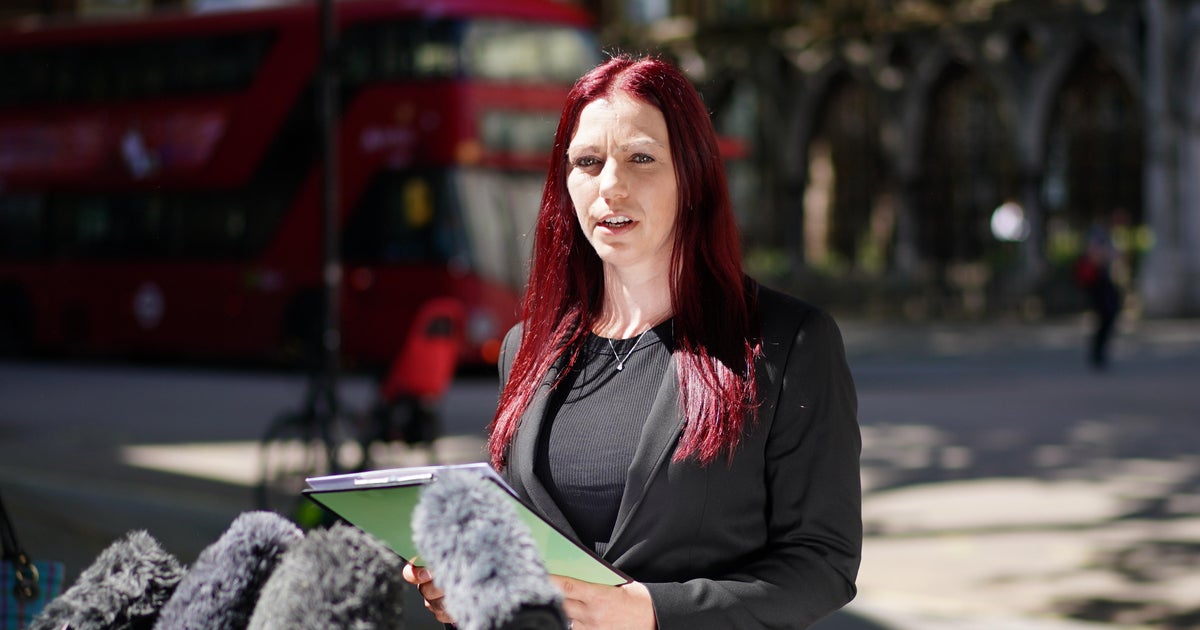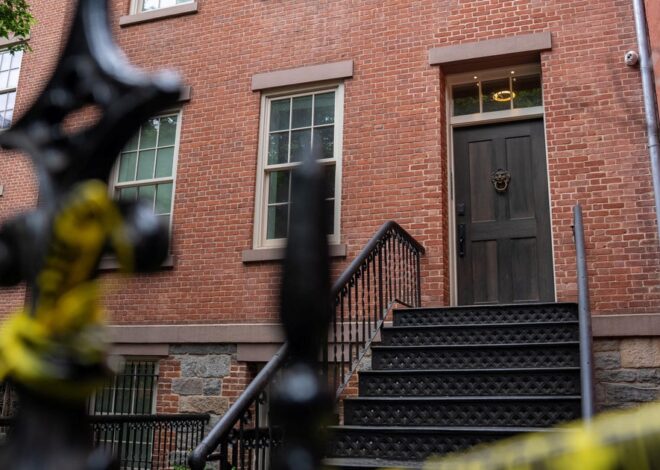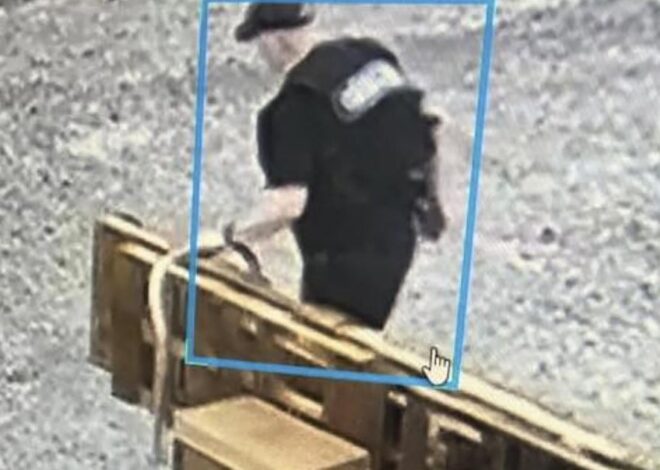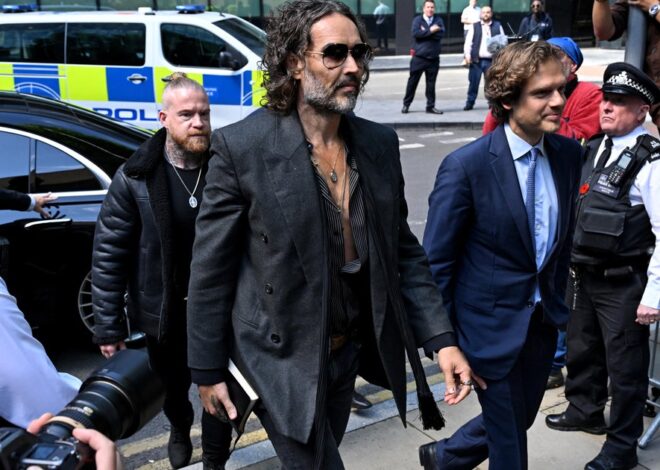
Man’s Conviction Overturned After 38 Years in Prison for 1987 Bartender Murder: “I am not angry”
A New Beginning After Decades
It’s hard to imagine spending almost four decades in prison for a crime you didn’t commit. That was the reality for a man whose murder conviction was recently overturned due to new DNA evidence. He sat in Wakefield prison, up in northern England, and watched as his life changed dramatically through a video link. Surprisingly, he wasn’t bitter or angry; his thoughts seemed more focused on finally reuniting with his loved ones.
A Night That Changed Lives
The story dates back to August 1986, on a seemingly ordinary Friday night. A young florist named Sindall, just 21 and looking forward to her future, was heading home after her shift at a pub. But her van ran out of gas. Stranded, she started walking along the road after midnight – and then vanished. By morning, her body was discovered in an alley. The scene was grim: she had been sexually assaulted and beaten.
The initial investigation faced limitations – scientific tools of the time couldn’t fully analyze the sexual fluid found on her body. Back then, it felt like the evidence led to one person. One individual committed the assault, the prosecution argued. But now, years later, new DNA technology painted a different picture.
The Role of New Evidence
With advances in forensic science, the case came alive again when the Criminal Cases Review Commission (CCRC) took another look. The new DNA results were clear: the man behind bars wasn’t involved in the crime.
It’s both liberating and tragic when such revelations come to light. There’s relief in justice finally being served for one man, yet heartbreak that another family’s pain remains unhealed. As Smith put it, “Peter hasn’t won and neither has the Sindall family.” Though Peter is free now, rebuilding his life will be its own challenge, while the Sindall family continues their journey of grief without their daughter.
Read more about this story here.
The Human Side of Justice
It’s a strange mix of emotions that comes with such cases. The families affected by tragedies find themselves tied together – strangers brought close by circumstance. While some celebrate newfound freedom, others continue to feel an emptiness that can never be filled.
Perhaps what stands out most is the resilience and grace shown by those wrongfully imprisoned. It’s not every day you hear someone who lost so many years of their life say they’re not resentful. It’s a reminder of human strength – how some choose to move forward despite immense challenges.
This incident makes you ponder how technology shapes our understanding of justice. New developments can drastically change lives – opening doors once closed or correcting paths once believed right.



